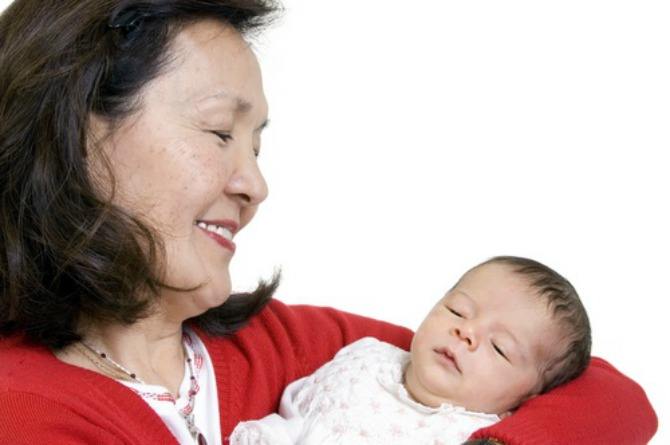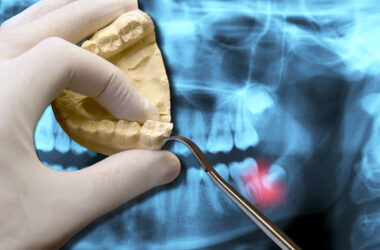The first stage of motherhood is the most wonderful, but it can also be one of the trickiest. The postpartum period — from about three to nine weeks after delivery — is a time when many new moms experience an array of physical and emotional symptoms. And if you’re going through it alone — or in a home that’s not specifically designed for your needs — it can feel like a living hell.
But there are ways to make this transition easier on yourself and your baby. Here are six common conditions experienced by new mothers during Chinese confinement nanny (three to nine weeks postpartum), along with some tips on how to cope with them.
- Confinement Nausea
Confinement nausea is a general term for the feeling of sickness that comes on during the early days of parenthood. It can range from mild to severe, making it difficult to eat or keep down liquids.
Some women may experience it as soon as they’ve returned home after their delivery; others will start having symptoms around week four. Some women may notice it immediately. But even if you’ve had no signs of pregnancy-related sickness, you should still get checked out.
If you suspect that you have confinement nausea, see your doctor right away. He’ll probably want to run tests to find out what’s causing the problem. If he doesn’t know what’s wrong, he may refer you to a specialist who does.

- Constipation
When you give birth naturally, your body experiences an increase in hormones that relax its muscles. This change allows your intestines to expand, which leads to more room for waste products to move through.
This process usually takes place within three to five days after delivery. But sometimes constipation persists beyond that point. In fact, it can last up to two months after childbirth.
Constipation can cause cramping and bloating, especially at night. It can also lead to painful bowel movements, a condition called hemorrhoids.
So if constipation keeps you up at night, be sure to eat fiber-rich foods like bananas, prunes, whole grains, brown rice, beans, oatmeal, nuts, seeds, applesauce, and yogurt. You should drink plenty of water throughout the day, too, to help keep things moving smoothly.
- Breast Problems
Breasts become engorged and sore due to milk production during pregnancy. They stay swollen for several weeks after delivery, which can lead to breast pain.
Many women find that breastfeeding is much easier once their breasts are back to normal size. Others find it hard to nurse. Either way, your doctor may prescribe medication to relieve these pains.
You could try taking a hot shower, soaking in a warm bath, or using a heating pad to ease discomfort. Or you can ask someone else to feed your baby while you lie down.
- Fatigue
Fatigue is another side effect of lactation, as well as of having a newborn. Many women report feeling unusually tired or exhausted during the first few weeks after giving birth.
It’s common for your energy level to dip significantly during this period, especially if you were under stress before your pregnancy or labor was long. That makes sense since so much work goes into caring for a newborn.
You might feel fatigued because you haven’t slept enough. Or maybe you just don’t have the energy to do all the household chores. Whatever the reason, you need to take care of your energy levels. Try eating a healthy breakfast, drinking lots of water, getting regular exercise, and finding ways to unwind.
- Headaches
Headaches and migraines are very common during the postpartum period. Women are particularly susceptible because they tend to eat less and drink less following childbirth. But other factors such as fatigue, hormonal changes, and stress can play a role, too.
Your doctor can diagnose headaches based on your medical history and findings from his exam. He’ll likely recommend certain medications to relieve your headache and prevent further problems.

- Urinary Tract Infections
Urinary tract infections are fairly common during the postpartum period because babies’ delicate urinary tracts are easily irritated. UTIs often develop after childbirth and can last anywhere from one to three weeks.
UTIs occur when bacteria invade your urethra, bladder, kidneys, or ureters and multiply inside your body. Symptoms include burning with urination, urgency, frequency, and blood in your urine.
In the majority of cases, UTIs are caused by bacteria found in the vagina or rectum. So the best way to prevent them is to avoid putting anything into your vagina or rectum that hasn’t been cleaned thoroughly between sex acts. Don’t douche, either.
You can also reduce your chances of contracting a UTI by keeping your sex life fresh. Use a condom every time you have sex, and make sure your partner uses a latex barrier, too. If you’ve recently given birth, wear loose-fitting clothing, especially underwear, to decrease exposure to vaginal bacteria.
If you think you have a UTI, tell your doctor right away so she can prescribe antibiotics. For some women, antibiotics cure their UTIs completely. But if you have recurring UTIs, you might want to talk to your doctor about changing your diet or starting a course of probiotics.
New moms with recurrent UTIs shouldn’t douche, use tampons, or put makeup on their vulva. Doing any of these things increases your risk of developing a UTI. Your doctor can also prescribe medication to treat recurrent UTIs.





